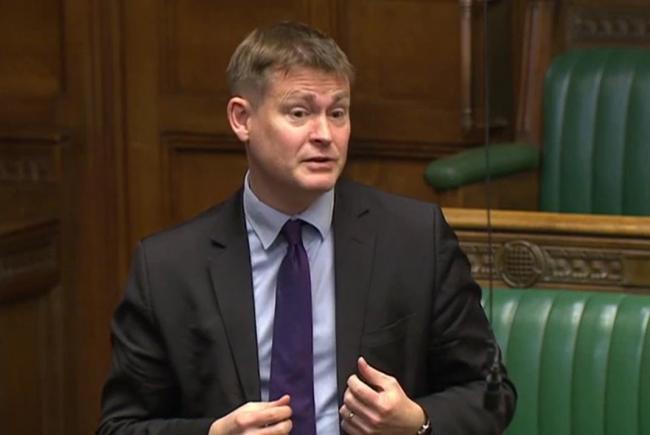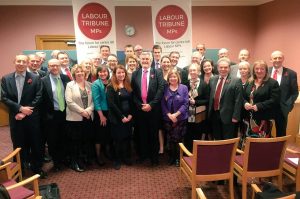We are now five years on from the EU referendum and the massive realignment we have seen in English politics in the protracted fallout from that shows little sign of abating.
In an article for Huffington Post that I wrote in the run up to the 2016 referendum, I posed the question of those who were intending to vote leave; and “could the referendum lead to significant numbers of these voters coalescing around an existing or new party in the aftermath of the EU referendum, or several new parties in ways that could fragment the political system? The factors driving people towards voting for Brexit are numerous, especially for Labour voters and are unlikely to be completely or even partially resolved by us leaving the EU.”
The 2019 and 2021 elections have unambiguously answered that question in a way that is almost entirely negative for Labour. Rather than fragment, voters have coalesced around a Tory party that has managed to ditch its previous decades record like a snake sheds its dead skin.
At the moment, many voters are prepared to dispense with their traditional misgivings about Tory Governments and hope that the promises the Tories are making of “levelling up” (even though they cannot actually define what it is) in a post Brexit world will come to fruition. I don’t get much of a sense that they have great confidence that these promises will be delivered, but they are offering something different and they are prepared to give them a chance. As the Chesham and Amersham by election has shown though, that message is not one that works right across the country.
Wherever you live though there is little sense that any party can halt the relentless march of globalisation and the continued replacement of what we would class as secure employment with low skilled, low paid, and often temporary jobs seems to be something that most people just price in as part of the landscape. Tax avoidance, exploitation by big business, declining public services and job insecurity are all areas where people on either side of the Brexit debate have legitimate concerns and all areas where our party should be in a strong position to articulate a vision that shows we are on the side of the majority. And the good news about the current voter volatility is that just as many of our former voters have swung away, they should be capable of being swung back.
At the moment it is to be expected that the Government are enjoying a vaccine bounce but it has been eight years since we last had a sustained double digit poll lead so we have to be honest with ourselves that these short term factors are masking what is a long term decline in our support; a decline that is matched by many other centre left parties across the world. But the pandemic has changed the terms of the debate and we have seen unprecedented levels of public spending and intervention from what is essentially a right wing populist Government. This means that for the first time in a long while the centre of political gravity has shifted leftwards what should be Labour and Tribune’s natural territory. It shows that Government can do far more than it has done for a long time on job creation, job protection, investment in public services, strong devolution in the regions, the green industrial revolution and those core issues that people have always and still care about. These are core issues that should resonate with many of our current and former voters and what we should be devoting all our time to talking about. The recent by election results have shown that voter volatility is at an all time high; that means that if we strike the right note it is all still to play for.
Justin Madders is the Labour MP for Ellesmere Port and Neston.





